## Mayor’s Words Ignite Debate: Is This Really “Immigration Enforcement” or Something Else?
Last week, Minneapolis erupted in controversy after a widely-criticized raid on Lake Street businesses. While authorities insisted it was a routine business inspection, the mayor’s declaration that the operation was not immigration enforcement has fueled a firestorm of debate.
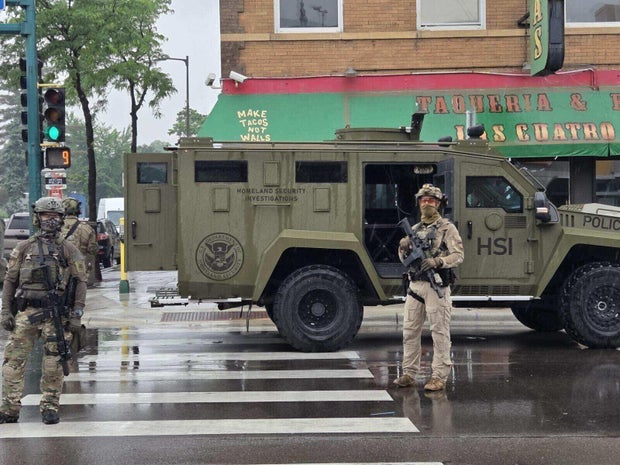
Was it a targeted crackdown on undocumented workers, cloaked in the guise of a “routine” inspection? Or were there legitimate reasons for the raid, independent of immigration status?
Gamestanza dives into the heart of this complex issue, exploring the mayor’s stance, the community’s response, and the broader implications for immigrant communities across the country.Law Enforcement Response and Controversy
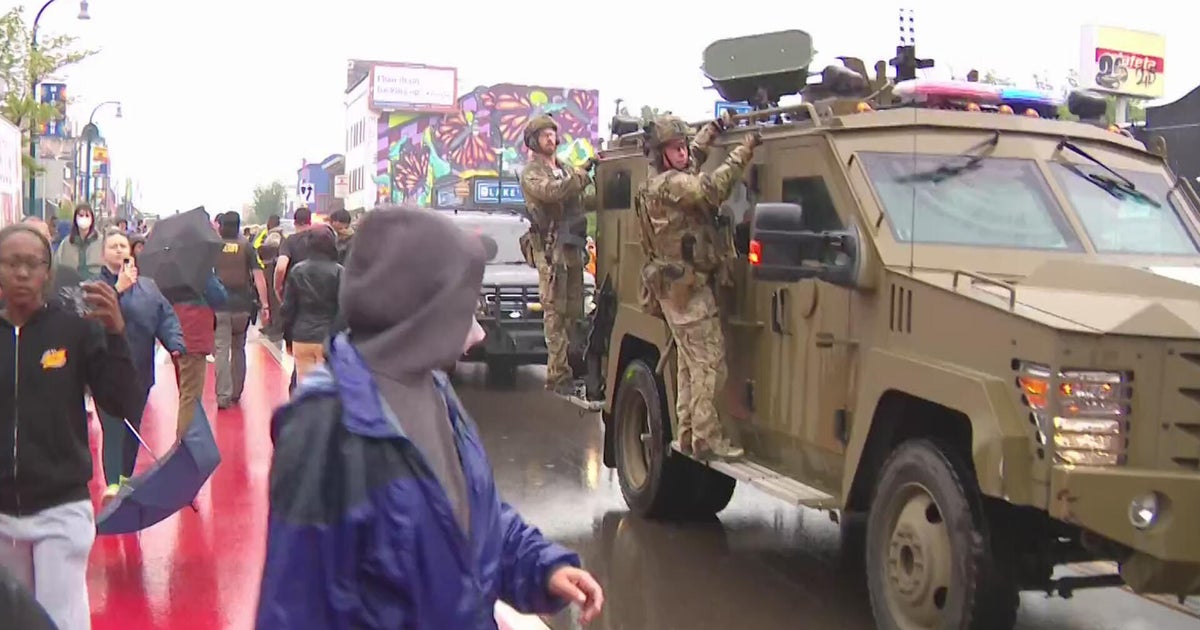
The recent raid on a south Minneapolis business, conducted by federal law enforcement, has sparked controversy and raised concerns about the lack of transparency in the operation. According to eyewitnesses, the crowd grew quickly, with protesters calling for members of the Minneapolis Police Department and the Hennepin County Sheriff’s Office to leave the scene.

Lack of Transparency
The Minneapolis Police Department has been criticized for not providing advance notice of the federal operation to the department. In a statement, the police department denied any claims of prior knowledge, stating that “any claims to the contrary are false.” This lack of transparency has led to concerns about the relationship between the police department and federal law enforcement agencies.
Mayor Jacob Frey also released a statement, stating that the incident was related to a criminal search warrant for drugs and money laundering. However, many in the community were left wondering why the police department was involved in the operation, given the city’s sanctuary status.
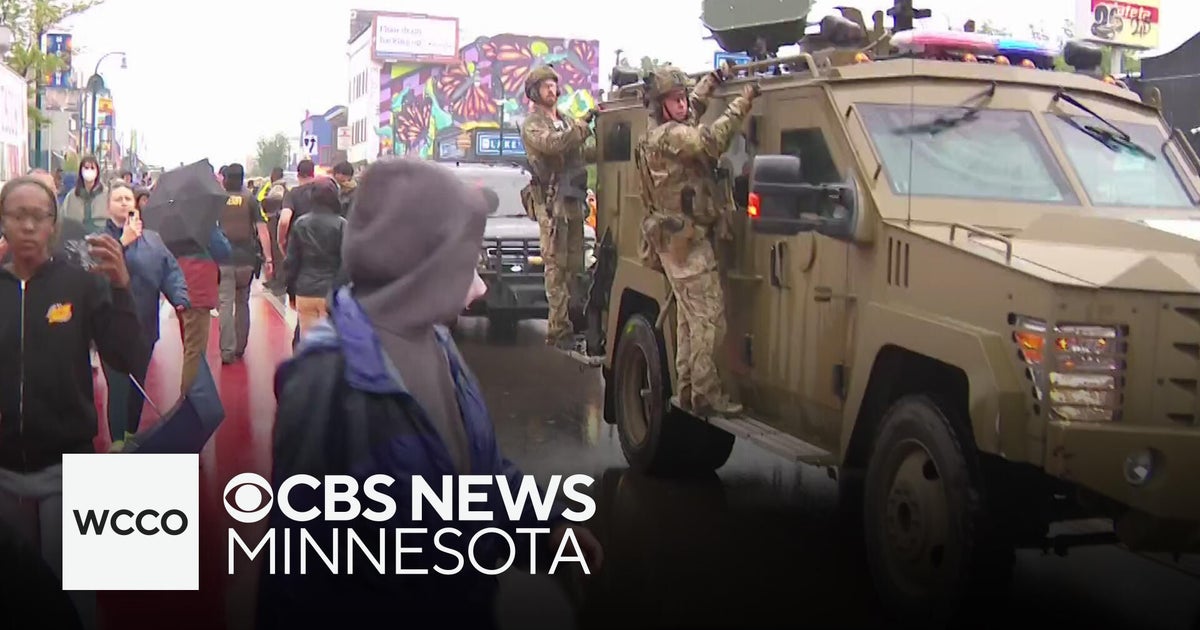
Aggressive Tactics
The use of force by law enforcement during the raid has been criticized by many in the community. Eyewitnesses reported seeing pop bottles and bricks hurled at law enforcement, with some officers responding with force. According to one witness, Brandon Bazile, he was pepper sprayed several times during the confrontation.
The sheer show of force by law enforcement in one of the most dense immigrant communities in the city has left many feeling on edge. “They’re trying to scare communities,” said Miguel Hernandez, with the Minnesota Immigrant Rights Action Committee. “This affects businesses, this affects our neighbors. It’s a trauma that our community doesn’t need.”
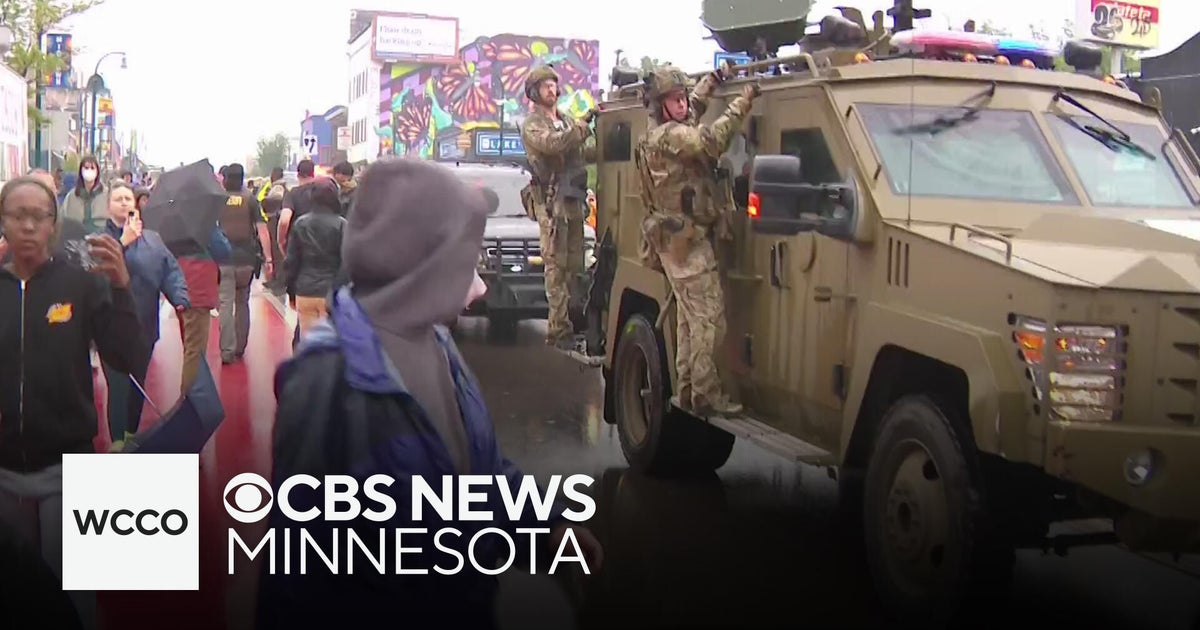
Immigrant Advocacy Groups’ Response
Immigrant advocacy groups have spoken out against the raid, criticizing the police department for working with federal agents. “The Minneapolis police should not be working with federal agents,” said Erika Zurwoski, with the Minnesota Immigrant Rights Action Committee. “We are a sanctuary city, the community will not allow it.”
Luis Arguenta, with Unidos Minnesota, an immigrant advocacy group, expressed similar concerns. “The amount of presence they showed today on Lake Street, it was a show of power,” he said. “A lot of people’s doors are locked. Businesses are locking up because they’re afraid — what are they looking for? Why are they here? They don’t know.”
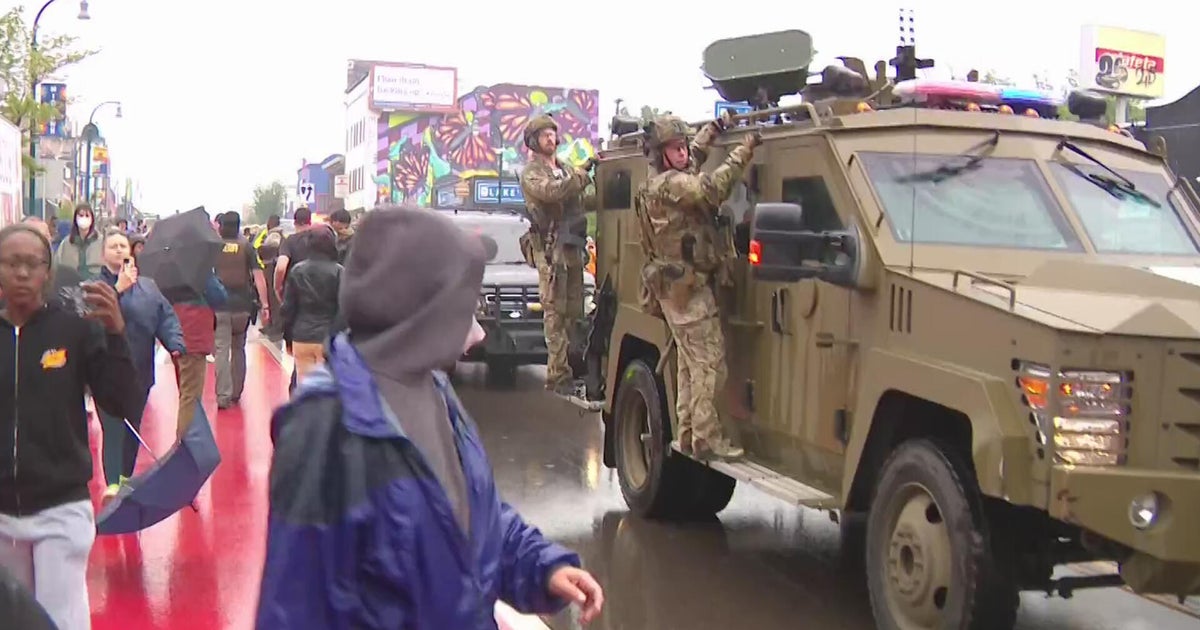
Implications and Practical Aspects
The raid has significant implications for community trust and the relationship between law enforcement and the immigrant community. The use of force and the lack of transparency have left many feeling skeptical about the intentions of law enforcement.
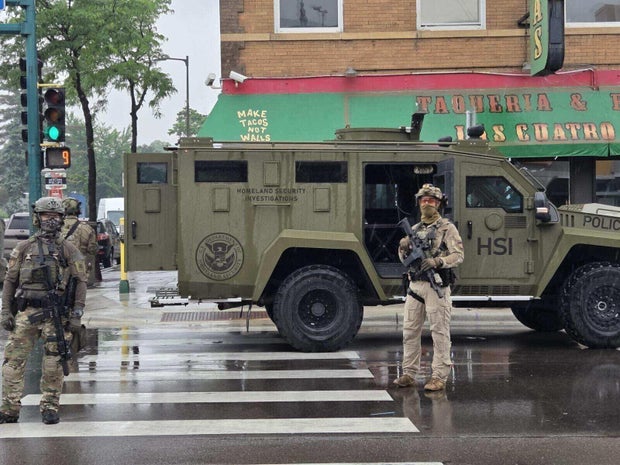
Community Trust
Community trust is a critical component of effective law enforcement. When law enforcement is seen as trustworthy, communities are more likely to cooperate with investigations and provide valuable information to help solve crimes.
However, when law enforcement is perceived as aggressive or untrustworthy, communities may become more resistant to working with law enforcement. This can lead to a breakdown in relationships and make it more difficult to address community concerns.
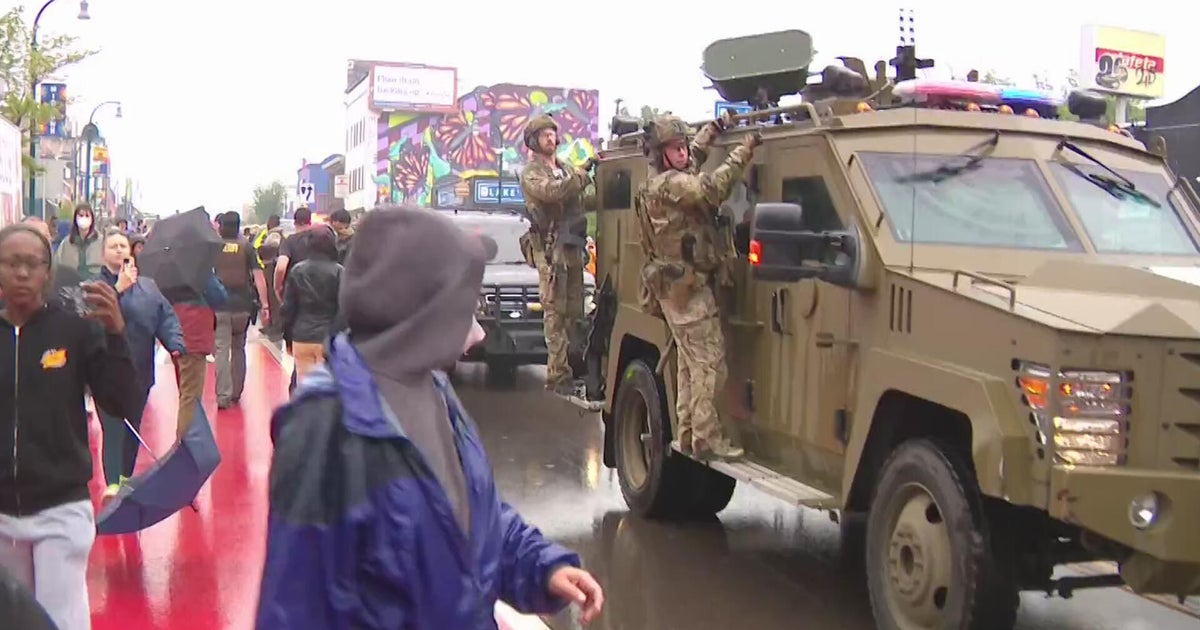
Crime Prevention
Crime prevention is a critical aspect of community policing. Law enforcement agencies must work with the community to identify and address the root causes of crime.
In the case of the raid, many in the community felt that the focus on immigration enforcement was misguided. “Hopefully the community understands and gets the point that we need to clean up,” said Rodrigo Cardoso, with InterAmerican Services.

Federal Partnerships
The partnership between the Minneapolis Police Department and federal law enforcement agencies is a critical aspect of addressing crime in the city. However, the controversy surrounding the raid has raised concerns about the scope and nature of this partnership.
The sheriff’s office has stated that its partnership with federal officials includes the execution of multiple search warrants at multiple locations in the metro area. However, the lack of transparency and the use of force during the raid have left many feeling skeptical about the intentions of law enforcement.
Conclusion
So, Minneapolis Mayor Frey insists the recent Lake Street business raid wasn’t about immigration enforcement. He emphasizes the focus on public safety and tackling criminal activity. This stance, while attempting to quell concerns about a potential escalation in anti-immigrant sentiment, raises a crucial question: how do we ensure law enforcement actions don’t disproportionately target marginalized communities? The lack of transparency surrounding the raid and the absence of clear, publicly accessible information regarding the specific charges and individuals targeted further fuels the fire of suspicion.
